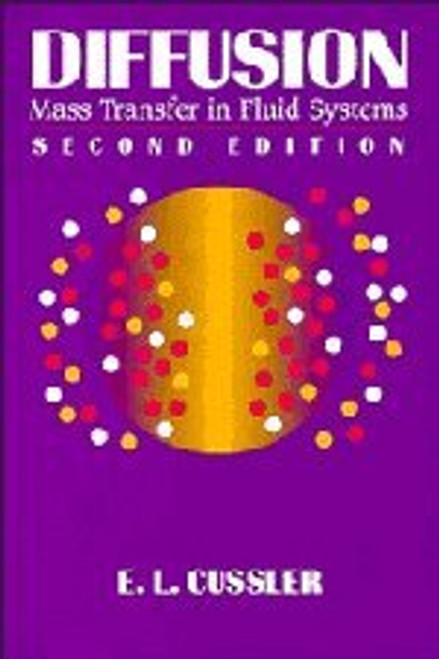Product Overview
I found the chapters easy to read because of the conciseness of the material, the excellent high-quality imaging, the division of each chapter into logical subdivisions, and the tables of key points. -- American Journal of Neuroradiology
The book is well-written, nicely illustrated, and constitutes a great introduction for those clinicians and researchers who want to become familiar with the current clinical applications of the DWI and DTI techniques. -- Journal of Magnetic Resonance Imaging
Diffusion-weighted imaging (DWI) is an integral part of routine neuroimaging, used nearly universally in brain MRIs, and more recently for the spine, spinal cord, and head and neck. DWI provides clinically relevant information on conditions including stroke, infection, and neoplasms. Diffusion tensor imaging (DTI) is a powerful, newer technique with the potential for multiple protocols, including the diagnosis of mild traumatic brain injury and psychiatric disorders.
Written by leading authorities in neuroradiology and radiology, Diffusion Weighted and Diffusion Tensor Imaging: A Clinical Guide provides key points and summaries on the concepts and applications required for proper implementation and interpretation of DWI and DTI.
Key Features:
- More than 600 high-quality illustrations
- Protocols and applications from early childhood to older adulthood
- Methods to differentiate normal versus pathological states
- Brain edema pathophysiology and use of DWI to distinguish between cytotoxic and vasogenic edema
- Utilization of DWI and DTI to diagnose trauma, white matter disease, tumors, cerebrovascular disease, and head, neck, and spine disorders
This concise handbook is an invaluable resource for neuroradiologists and radiologists, as well as fellows and residents in these disciplines. With the expanding use of these procedures, neuroscientists, neurologists, neurosurgeons, and psychiatrists will also find it indispensable.







